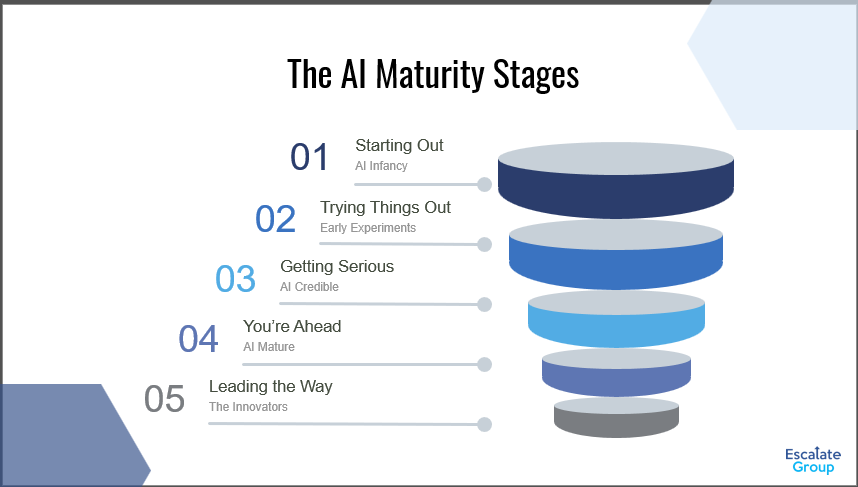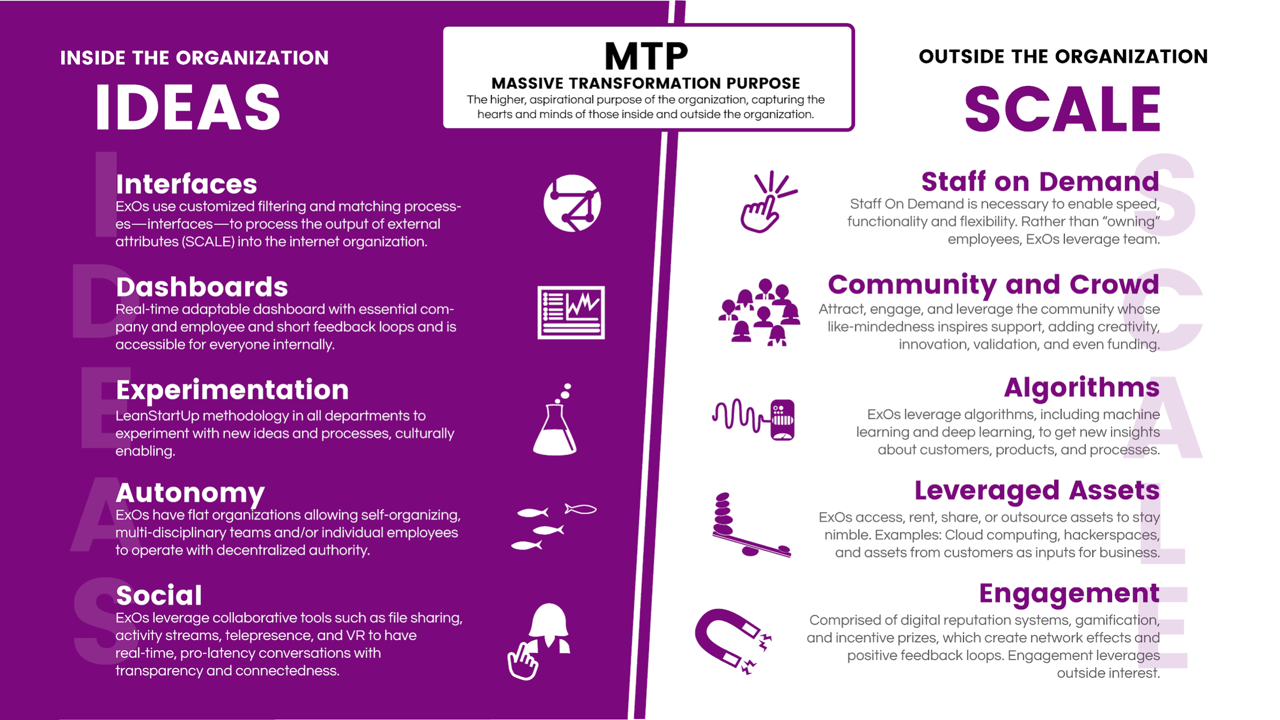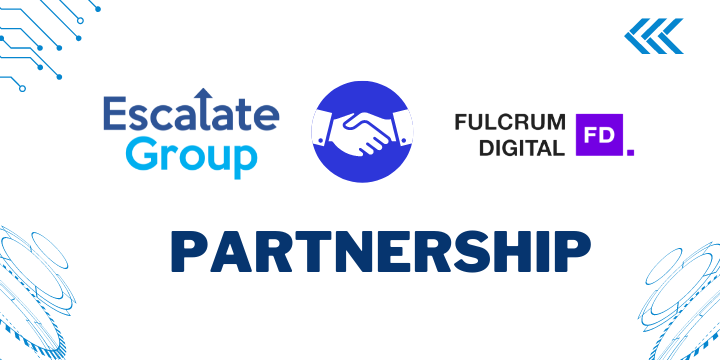Understanding Your Business AI Journey
May 9, 2024

Embarking on an AI journey is essential for any modern business, but knowing where to start and how to progress effectively can be daunting. At Escalate Group, we understand that each business’s path toward AI transformation is unique, featuring distinct challenges, milestones, and achievements. We have identified different stages in this journey, and using insights from the “Preparing for AI: Are You Ready for a New Era of Work?” e-book and our AI Studio practice, we’ll provide you with a more precise roadmap and practical tools to assess and enhance your AI readiness.
The Stages of AI in Business:

1. Starting Out (AI Infancy):
If AI is new to your organization, begin by establishing a baseline understanding of what AI can do for you, this will help your organization transition from inertia to initial awareness. Use readiness assessments to evaluate your current technological landscape and organizational culture.
Tip: Start small by automating simple tasks to see immediate benefits while building AI familiarity.
2. Trying Things Out (Early Experiments):
Once you’re aware of AI’s potential, experiment with pilot projects. We suggest using structured assessments to select and prioritize projects that align with your strategic goals and current capabilities.
Tip: Focus on projects with clear ROI to secure early wins and build momentum.
3. Getting Serious (AI Credible):
After experimenting, it’s time to solidify your AI strategy. Use comprehensive planning tools to integrate AI deeper into your business processes and address any technological or cultural barriers.
Tip: Ensure all stakeholders are on board with a shared vision for AI’s role in the business.
4. You’re Ahead (AI Mature):
With successful AI implementations on your corner where you’re already using AI well with your current systems, look to scale your efforts and explore more complex AI applications. We provide advanced techniques for assessing readiness to scale and enhance customer experiences and operational efficiency.
Tip: Regularly review and update your AI strategies to adapt to new technologies and market changes.
5. Leading the Way (The Innovators):
As a leader in AI, continuously seek innovative applications and set industry standards. We want to highlight the importance of maintaining ethical standards, pushing the envelope responsibly, solving new problems, and catching new opportunities.
Tip: Foster a culture of continuous learning and innovation to keep your edge sharp.
How Can the ExQ Survey Help?

The Exponential Organizations (ExO) Framework
We have found in the ExQ Survey an invaluable tool for assessing an organization’s Exponential Quotient (ExQ). This framework, refined through global expertise, helps us see how ready your business is for AI.
The Exponential Quotient (ExQ) Survey gauges how prepared your business is for AI, examining aspects like scalability, adaptability, and innovation readiness. We’ve integrated the survey with insights from the e-book to offer a detailed analysis that pinpoints your current stage and provides customized advice.
It looks at how your business scales, adapts and uses new ideas. The ExQ survey has helped us provide advice that perfectly fits our customer business and has unlocked personalized strategies for leveraging AI to its maximum potential.
We’ve also combined the survey results with knowledge from our AI practice and the Microsoft AI Cloud Partners Program to deliver a thorough analysis that identifies your stage and offers tailored recommendations.
Critical AI Readiness Factors: Key Points to Consider
When getting your business ready for AI, there are a few essential things you need to check:
1. Data Readiness:
Think of data as the fuel for your AI. Clean, organized, and accessible data is crucial for AI success. Audit your data quality and structure to ensure it supports your AI goals. This means checking if the data matches your business goals, ensuring it’s safe and high-quality, and seeing if your team can use it well.
Tip: Implement regular data cleaning protocols to maintain data integrity.
2. Organizational Digital Technology Assessment:
This is about making sure your tech is up to speed. Evaluate if your current tech is compatible and ready for AI. We suggest checking your systems’ integration capabilities and identifying needed upgrades.
Tip: Plan for gradual tech enhancements to avoid disruptions and new tools that work better with AI.
3. Ethical Considerations for AI:
Using AI correctly is super important. Ethical AI use builds trust and ensures compliance. This includes making sure AI decisions are straightforward and can be explained, respecting privacy, and using AI for good. We recommend establishing clear guidelines for fairness, transparency, and accountability in AI applications.
Tip: Regularly train your team on ethical AI practices to reinforce their importance.
By focusing on these areas, you can help prepare your business for AI, ensuring that when you adopt AI, it works well, is fair, and helps your business grow correctly.
Conclusion: Discovering Your AI Path
Knowing where you are in your AI journey enables more strategic decisions and tailored implementations. By assessing your current AI stage, you can make the best choices for using AI in your business. With our enhanced guidance and the practical steps outlined, you can confidently navigate your AI integration, ensuring that each phase of your journey is productive and aligned with your business objectives.
Ready to Start?
Join us at Escalate Group to find your place in the AI world and improve your business. Let’s find out what AI can do for you!




